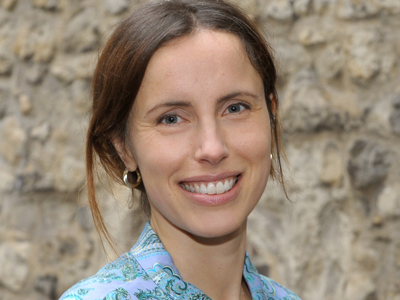
BBC pays settlement damages to TV licence sex discrimination claim woman
The BBC has agreed to pay £6,500 in compensation to a single mother who claims she was discriminated against when she was prosecuted by TV Licensing, who take action against many more women than men every year.
Posted on 16 January 2023
Josiane, a lone parent struggling with household bills, was prosecuted for not paying her TV licence fee during the pandemic. She said the prosecution was “deeply stressful” and caused her “sleepless nights”.
The charges were dropped after the legal charity APPEAL took up Josiane’s case. However, a legal claim of sex discrimination resulted in a settlement.
Statistics show that 75 per cent of prosecutions brought by TV Licensing are against women.
Represented by Leigh Day, Josiane claimed that the way that TV Licensing (a trademark of the BBC) identifies, investigates and prosecutes cases for the non-payment of the licence fee is discriminatory.
A proposed judicial review claim by the Public Law Project against the BBC resulted in the BBC agreeing to conduct a Gender Disparity Review, overseen by Baroness Young of Hornsey OBE, however publication of the report has been delayed, said Josiane.
Josiane said:
“I brought a discrimination claim against the BBC because I believe that the BBC’s processes for identifying suspects of TV licence evasion disproportionately disadvantage women. I accept that the BBC does not agree that this was what led to my prosecution, but I am pleased that they are undertaking another Review of the gender disparity in TV licence prosecutions and have accepted that mistakes were made in my case.”
Naima Sakande, Deputy Director of APPEAL said:
“I am pleased that the impact of this unfair prosecution against Josiane has been acknowledged by the BBC. However, the BBC has failed to take responsibility or rectify its discrimination problem.
“Last year the BBC bought criminal prosecutions against nearly 50,000 people for not paying their TV Licence. Before the pandemic, this number regularly exceeded 100,000. Not only are the majority of these people women, many are also struggling financially and have other vulnerabilities.
“The impact of these prosecutions will land heavily on normal people during the cost-of-living crisis. That’s why APPEAL is calling on TV Licensing to suspend all prosecutions during the economic crisis.”
Leigh Day human rights solicitor Kate Egerton said:
“The stark gender disparity in TV Licensing prosecutions has been clear for over a decade yet the disproportionate prosecution of women increases year on year. It is our view that the BBC’s current policies indirectly discriminate against women under our equality legislation, and that this is unjustifiable and avoidable.
“We believe that there are a number of alternative measures for investigating potential TV licensing offences that would reduce the disproportionate impact on women; we hope that the BBC seriously considers these as part of its review and implements a lawful system.”




